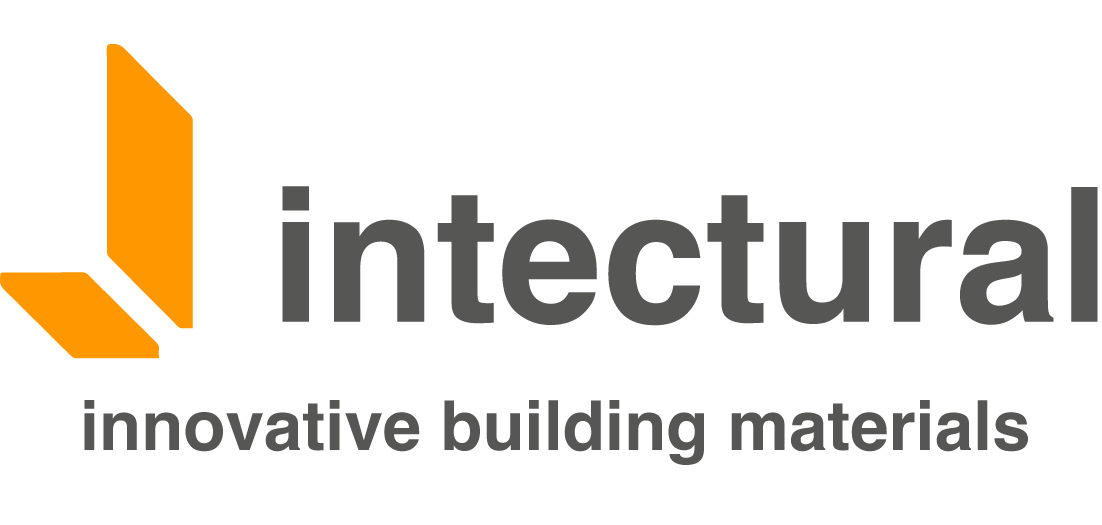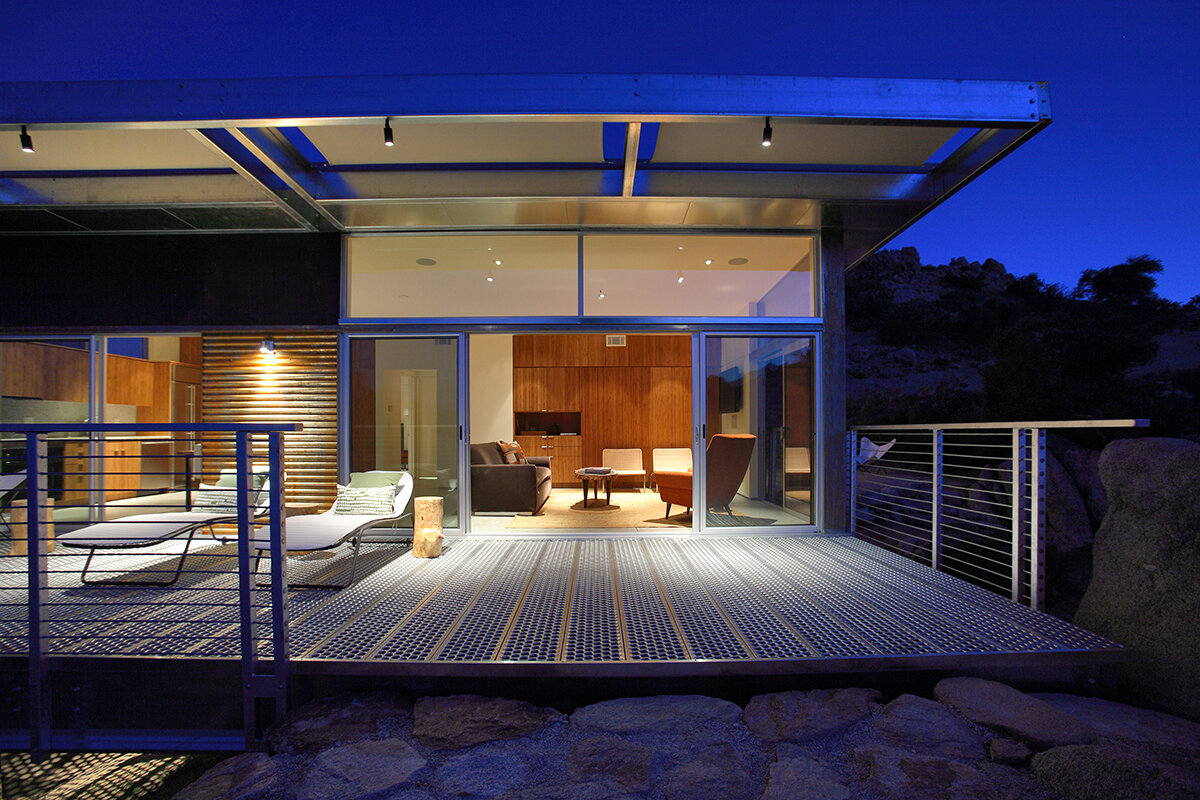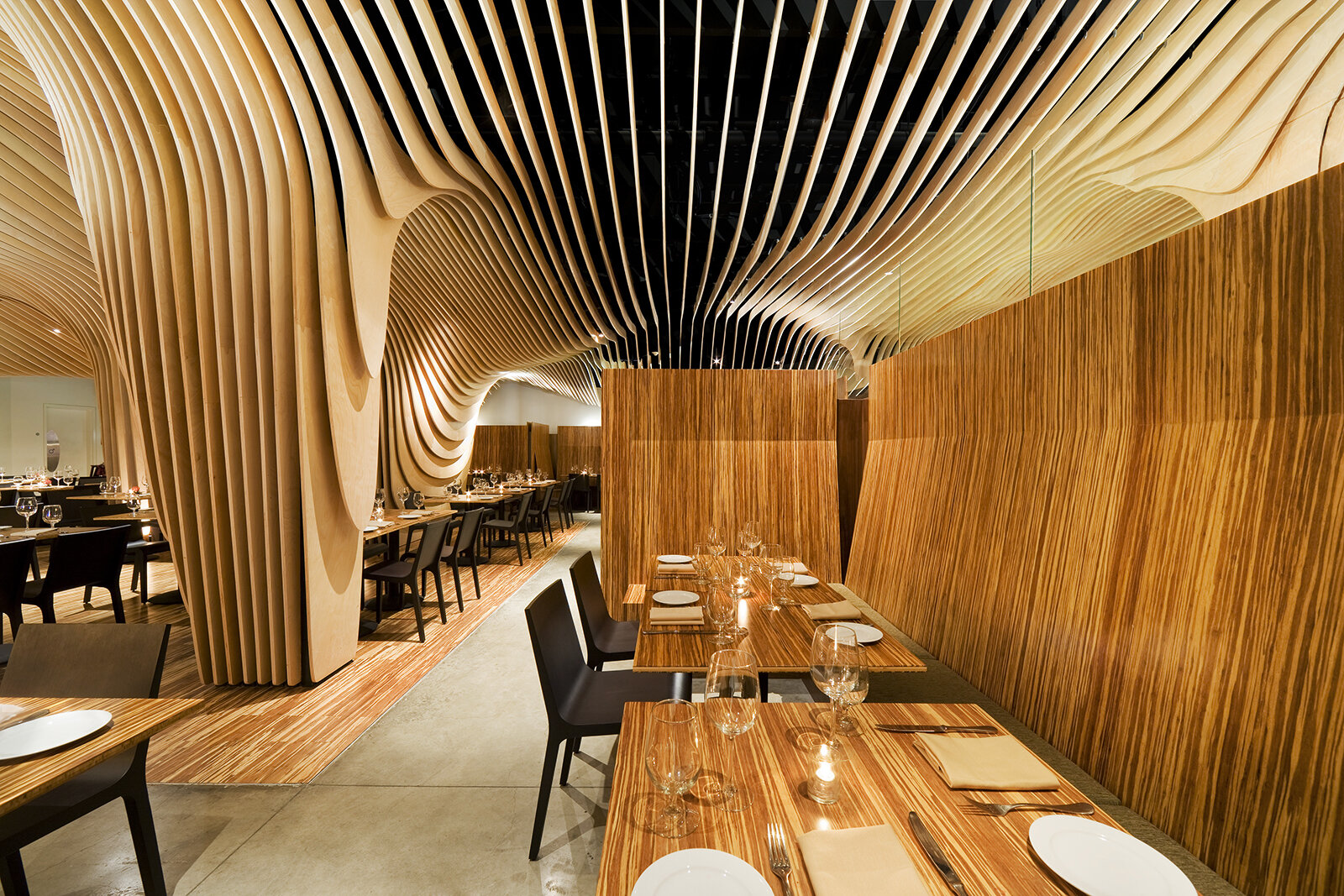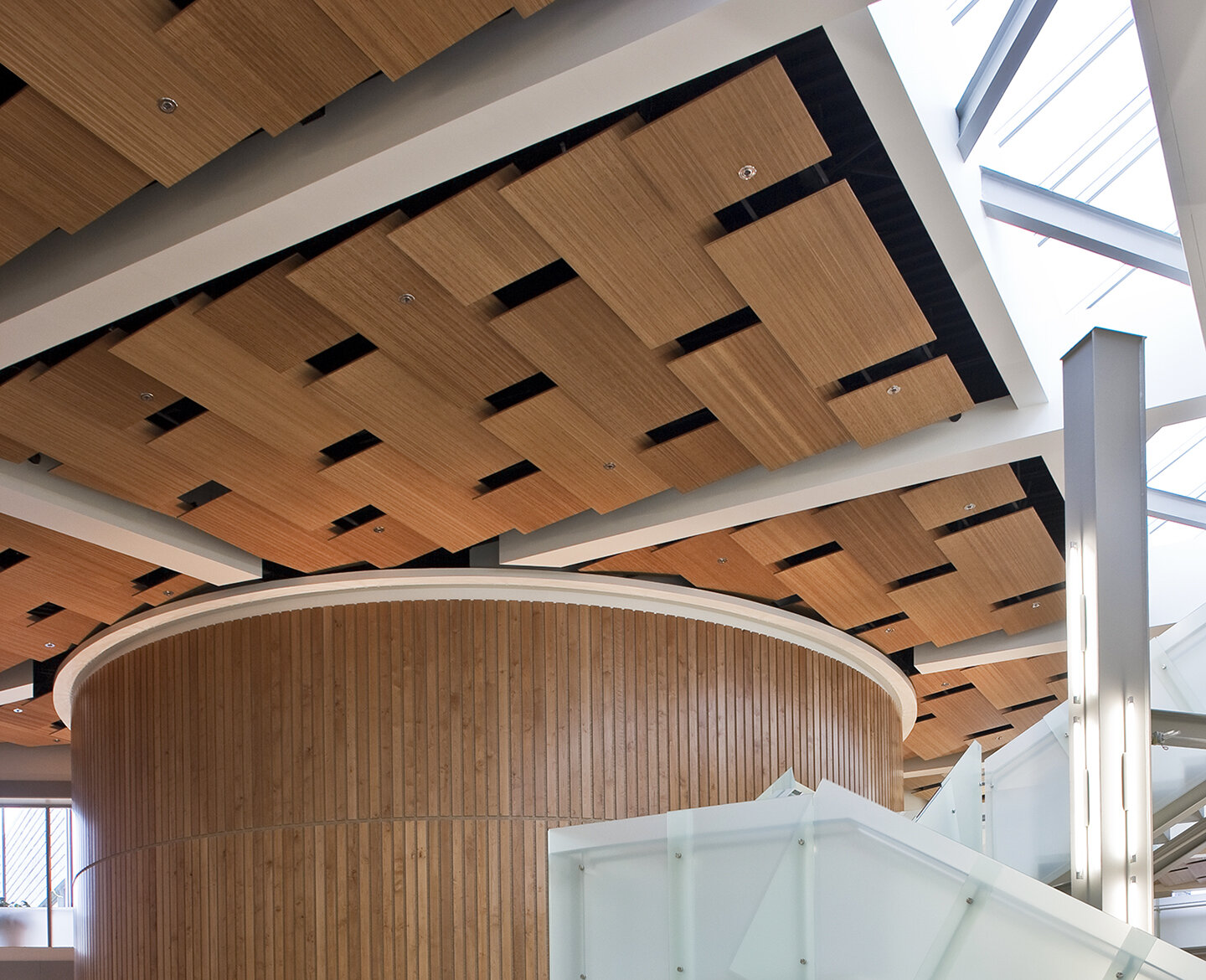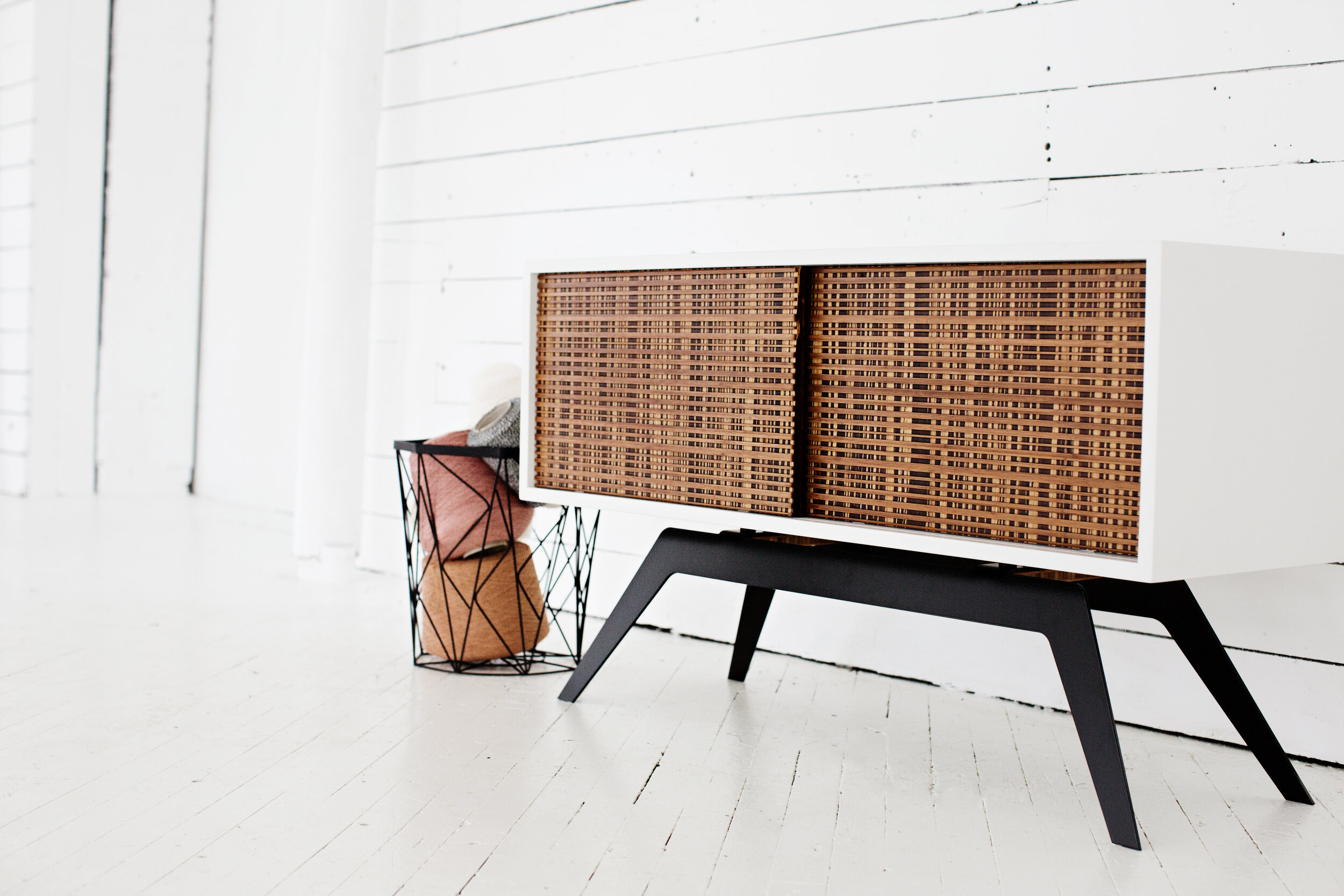Why Bamboo?
Bamboo, which has been used as a primary building material in Asia since time immemorial, is catching on in the United States as a remarkably effective and sustainable substance, revolutionizing the construction industry with its impressive environmental benefits and versatile applications. Let's delve into why bamboo, particularly through Intectural's key brand Plyboo, has become a preferred choice for eco-conscious projects.
Bamboo, more than a single plant, is an umbrella term for over 1,200 varieties of evergreen grasses that range in size from modest to towering. No matter the variety, bamboo is a marvel of natural engineering. It is easy to cut and handle, yet extremely robust, so it is naturally suited for countless applications. Its tensile strength, which is comparable to that of steel, and its compressive strength, which greatly exceeds that of concrete, make it a phenomenal structural material. Additionally, its hardness and insulative properties make bamboo a good choice for flooring, and it is even used in textiles manufacturing, from clothes to toilet paper.
Bamboo is becoming more and more popular for environmentally-minded projects for several reasons. First, bamboo grows extremely quickly on all manners of terrain, including eroded slopes. and requires very little intervention to encourage prolific growth. It can grow up to three feet per day and can be harvested every one to five years, allowing bamboo forests to yield 20 times more material per hectare than wood. During the growth process, bamboo sequesters 35% more carbon dioxide from the atmosphere by weight compared to wood. As an added bonus, harvesting a bamboo plant doesn’t damage its root systems, so new shoots quickly regenerate and the integrity of the soil is never compromised. All of these factors combine to form an extremely efficient and high-yield crop that requires just a fraction of the time, land and resources that comparably beautiful and strong materials, like exotic hardwoods, do.
Bamboo plywood was first introduced to the American market in 1996 by Smith & Fong under the brand name Plyboo, and their elegant veneers and interior cladding materials are just one way that the beauty and sustainability of bamboo can be put to use. Smith & Fong, a San-Francisco based company, was built on principles of ecological responsibility, and since 2008, Plyboo has offered FSC® Certified 100% as an option in all of their bamboo products.
Typically, the biggest environmental drawback of using bamboo in the United States is the distance it must be shipped from China (where the vast majority of bamboo is grown). However, because Plyboo products are also manufactured in China, shipping is fairly efficient as the bamboo has already been transformed from high-volume tubes into dense, laminated panels. To further decrease the ecological footprint of the process, organic waste created during the manufacturing process is repurposed as biomass fuel to meet the energy needs of Plyboo’s manufacturing facilities.
As the demand for environmentally friendly materials grows, bamboo is a paragon of innovation. Its ability to thrive in diverse climates, regenerate quickly, and contribute positively to the environment makes it an invaluable resource for sustainable building practices worldwide. Intectural is proud to promote Plyboo as they play a part in building a greener future with bamboo—a material that embodies strength, versatility, and environmental responsibility. Explore our Plyboo collection today and discover the possibilities of designing with materials that are equal parts beautiful and sustainable.
